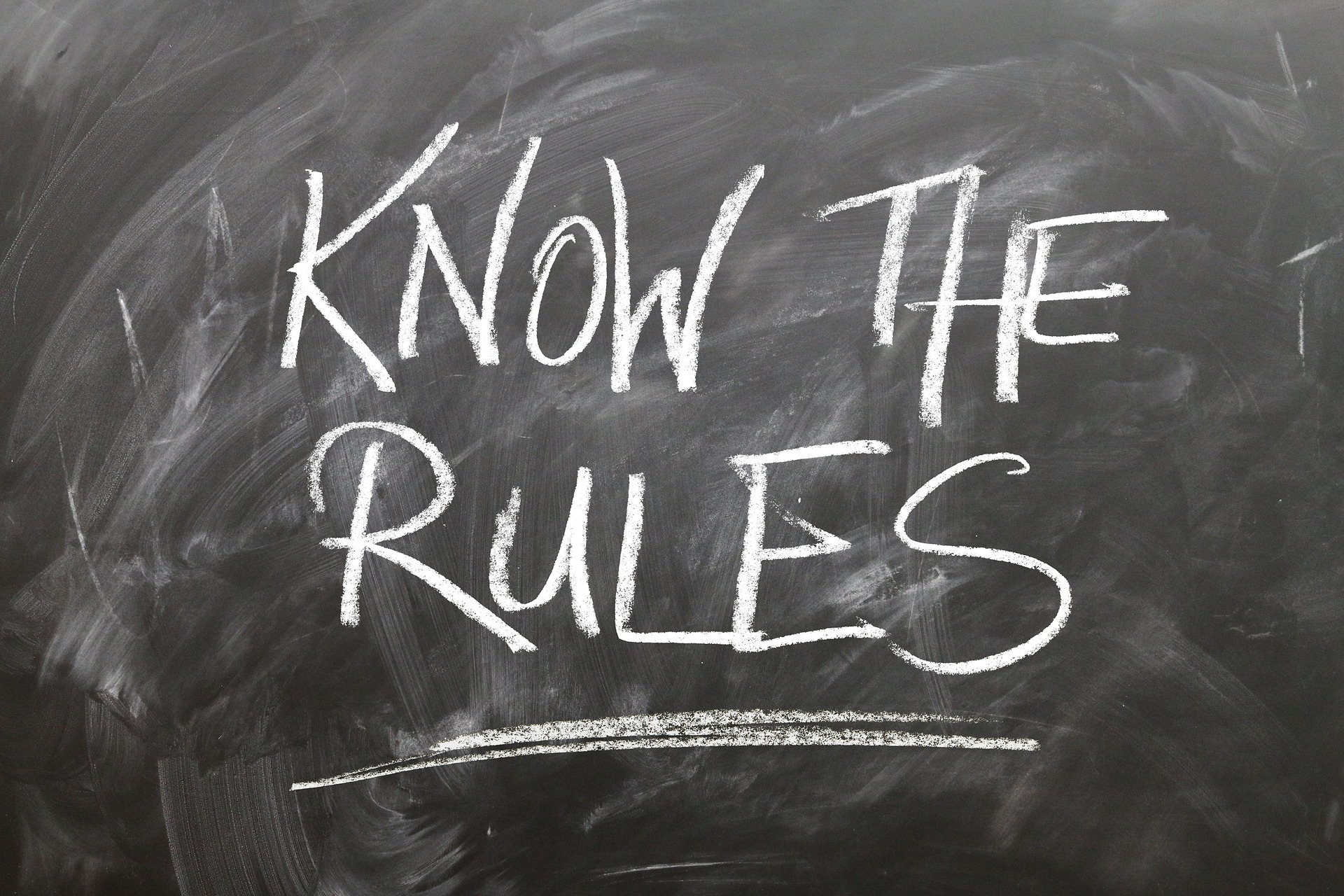Regulation
government intervention to correct market failures
What is regulation?
Regulations are basically rules that are enforced by the government which must be followed. These regulations are usually backed up by law so if these rules are broken, then it will mean legal action can be taken.
Regulations are used to reduce the negative effects of market failure on society.
How can regulations be set to correct market failures?
In the case of a demerit good -> banning/limiting sales
In the case of monopolies -> setting price caps to limit maximum prices
In the case of imperfect information -> offering protection to consumers (Sale of Goods Act) to protect consumers from misinformation from firms
What happens if regulations aren't followed?
Those who don't follow the rules laid out by regulations can be punished. This will be via a fine/penalty for example. This will disincentivise bad behaviour.
Some examples of regulation included the Clean Air Act and the Environmental Protection Act. These are regulations that have been set up to protect the environment we live in from the environmental externalities associated with more economic activity.
However it is not all rosy - regulation, so far, sounds like a really good intervention. Make sure you note down the negatives....
First of all, what is a correct regulation? Governments need to find out through extensive research what the extent of market failures and what the socially optimal output levels are. For example, maybe the government isn't strict enough on pollution. Their misinformation may lead to the wrong rules being enforced.
Governments only have power over their own country - for example, if your government makes an effort to reduce pollution, but the rest of the world doesn't, what problems have you solved? The world is getting more and more globalised - therefore, this is becoming more of a problem.
What if regulation is too harsh? This might cause firms to leave the country - this will hurt the country's economy. The savings made on environmental damage will be at the cost of GDP and jobs. This is why point 2 in this list is very important.
Setting rules is fine but even if the rules have been set correctly, they still need to be enforced and administered! This is costly!
It makes sense that the punishment must be a deterrent. The punishment must make it undesirable for firms to act inefficiently. If the punishments aren't strict enough, then firms may still find it beneficial overall to break the law and risk being fined.
An example - Renewables Obligation Certificates (ROCs)
Basically, companies who supply energy must supply a specific proportion of their energy from renewable sources e.g. wind power
The government set and enforce what the minimum percentage of power is that must be renewable.
For example, the government might require that 5% of your total energy supplied is supplied from renewable sources. As the years go by, this percentage will most likely increase to combat global warming.
Energy suppliers purchase these certificates from the companies that produce the renewable energy.
If they don't meet their minimum targets, they face a financial penalty. This penalty is then donated to competitors in the market who did hit the target. Ouch!
In summary, we have learned:
What regulation is
How regulation is used to combat market failure
How it can fail as a policy
An example policy - ROCs
Follow our social media to keep up to date with revision notes, new webinar classes or just to ask general questions about economics a-level!
We hope you enjoyed reading this content. Want to pass your Economics exams? Hire a specialist economics tutor today. At mrbanks.co.uk, we supply online Economics tuition to support you through your exams.
Online tuition provides so many benefits.
It’s cheaper. It’s less time-consuming. It’s effective.
Want to try before you buy? Contact us to book a trial lesson. You can see if online tuition is right for you.
Contact us today and book a trial lesson with an online Economics tutor.

